Do you trust your fellow citizens more than your leaders?
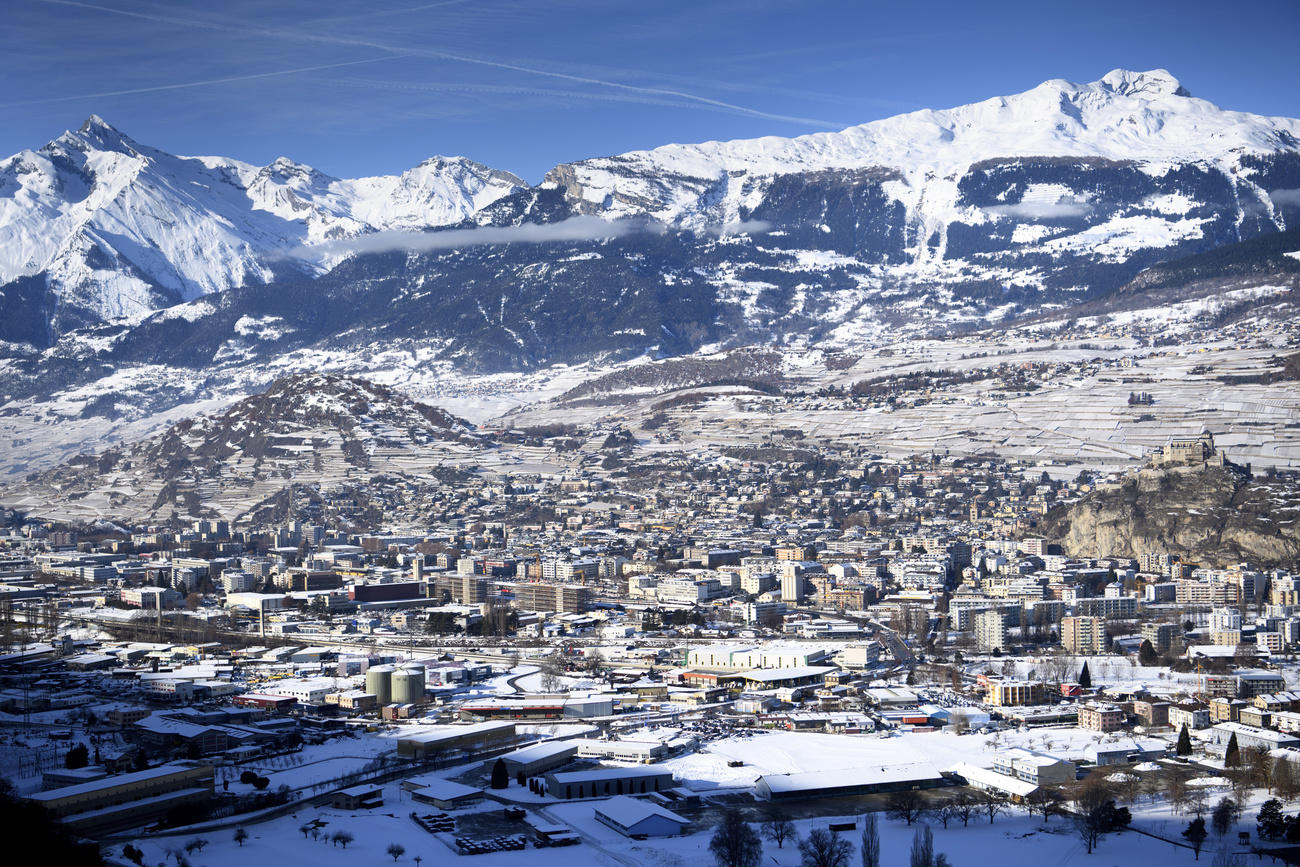
A Swiss experiment bringing together a group of citizens to prepare an informational sheet for February’s national vote has completed its first stage.
Voting up to four times a year, as the Swiss do, is a nice democratic right, but it also means keeping up with a lot of topics.
Usually this means following the media, talking to family and friends, watching what political parties and campaigners are saying, and wading through information sent out by authorities before vote day.
Last week, in advance of the next national ballot on February 9, 21,000 voters in the town of Sion got something new in the post: an informational sheetExternal link, drafted by a group of 20 randomly selected locals, giving a citizen’s take on what’s at stake.
The document, written by the citizen panel over two weekends last November, is the first output of ‘demoscan’: a project aiming to spur participation in a country where turnout rates are low and electoral issues sometimes complex.
On the front side, the issue (a proposed increase in the building of social housing) is presented in eight key points, listed in order of perceived importance; on the back, there are three arguments for and three arguments against the proposal.
At first reading, it’s not clear how different or more digestible the information is compared with what’s sent out by federal authoritiesExternal link, aside from the fact that unlike in the government’s package, there is no recommendation on how to vote. (Official materials include the position of parliament and government on each issue).
Demoscan project leader Nenad Stojanović says however that the main added value is that the document presents a “filtering” and “prioritising” of information – ultimately giving an overview of the most pertinent points as seen through the eyes of 20 “normal” citizens.
He also reckons that the process was as important as the output.
By selecting the participants randomly and representatively, the project included social groups not normally involved in the political debate, he says. Four days of research and deliberation were like a “democracy school”, teaching them about the functioning of previously distant institutions.
He was “positively struck” by the nature of the discussions and the ease with which people grasped political concepts. Speaking to media last week, meanwhile, several of the participants said likewise – a “marvellous human adventure”, one called it.
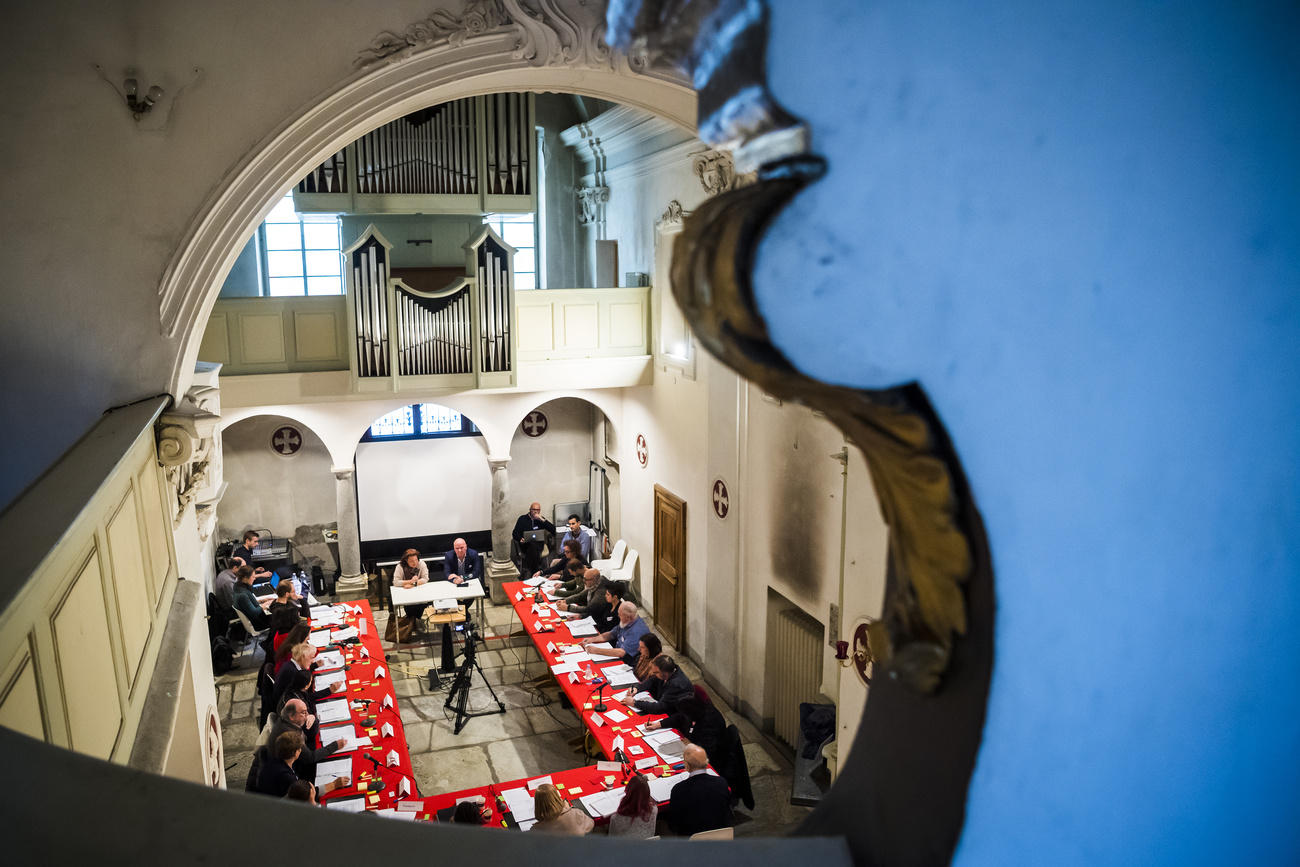
Pill against populism
Is this enough to make a concrete democratic impact? Surveys are currently being done in Sion to determine if the rest of the locals found it to be useful, while the 20 panel members are also providing feedback, with results to be published in the spring.
But such projects have proved positive elsewhere.
Indeed, the demoscan project is directly based on a similar practice in the US state of Oregon, where since 2010 a Citizens’ Initiative Review (CIR) has been used in the lead-up to votes.
Studies found that citizens in Oregon are now more and more willing to trust each other rather than the authorities when it comes to framing the narrative for an upcoming vote. Equally, the CIR is found to be “enabling” – the fact that “normal” people are seen to be able to deliberate a complex issue gives all citizens more confidence to participate and vote.
Demoscan also comes at a time of increased appetite in many western democracies for forms of civic engagement that go beyond the mere act of voting – a “new wave of contemporary deliberative democracy, based on the premise that political decisions should be the result of reasonable discussion among citizens”, as think-tank Carnegie EuropeExternal link wrote last November.
Examples include Citizens’ Initiative Review projects (such as in Oregon, several other US states, and Sion), Citizens’ Councils or Assemblies (in Austria, Poland, and elsewhere), citizen panels (Canada), and citizen appointments to a high-level governmental council (in France, a measure taken by President Macron in response to “gilets jaunes” protests.)
Demoscan is indeed part of attempts to find an answer to “the crisis of representation” and “the criticism of citizens that they don’t have a voice in the political process,” Stojanović says – key gripes that drive people towards populist parties.
In the future, he and his team would be keen to see it rolled out more generally in Switzerland. For now, academic funding allows just one further trial; several municipalities have already expressed an interest, he says.

In compliance with the JTI standards
More: SWI swissinfo.ch certified by the Journalism Trust Initiative
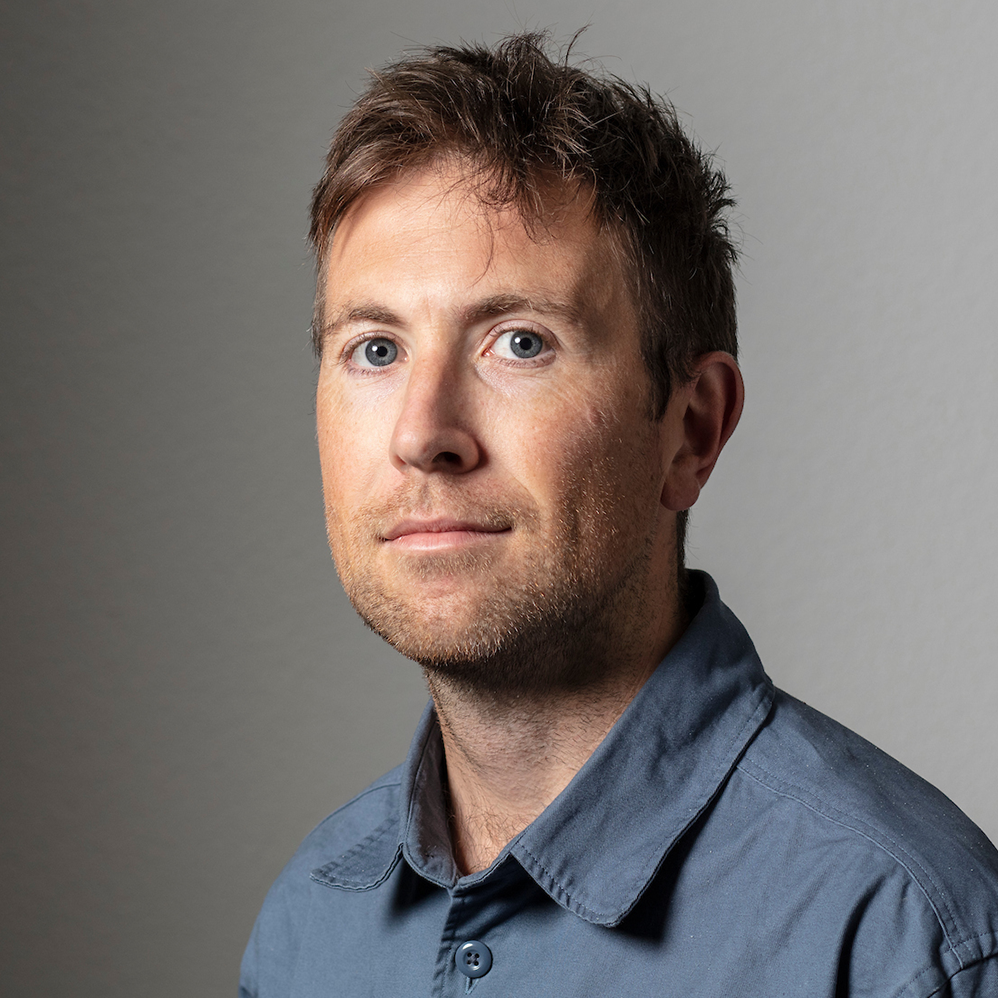
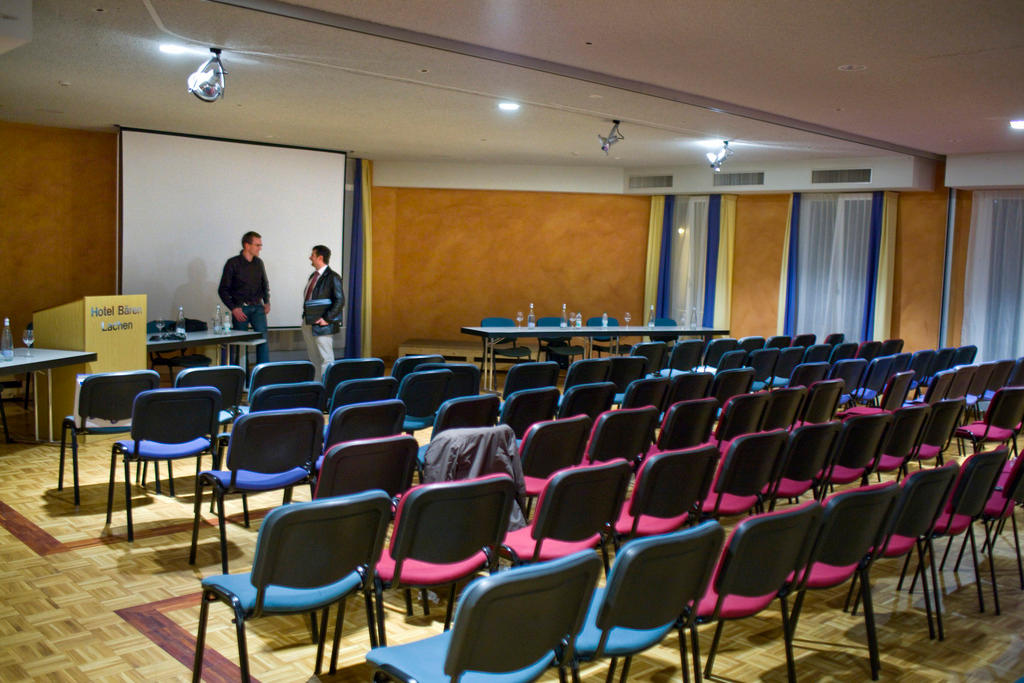
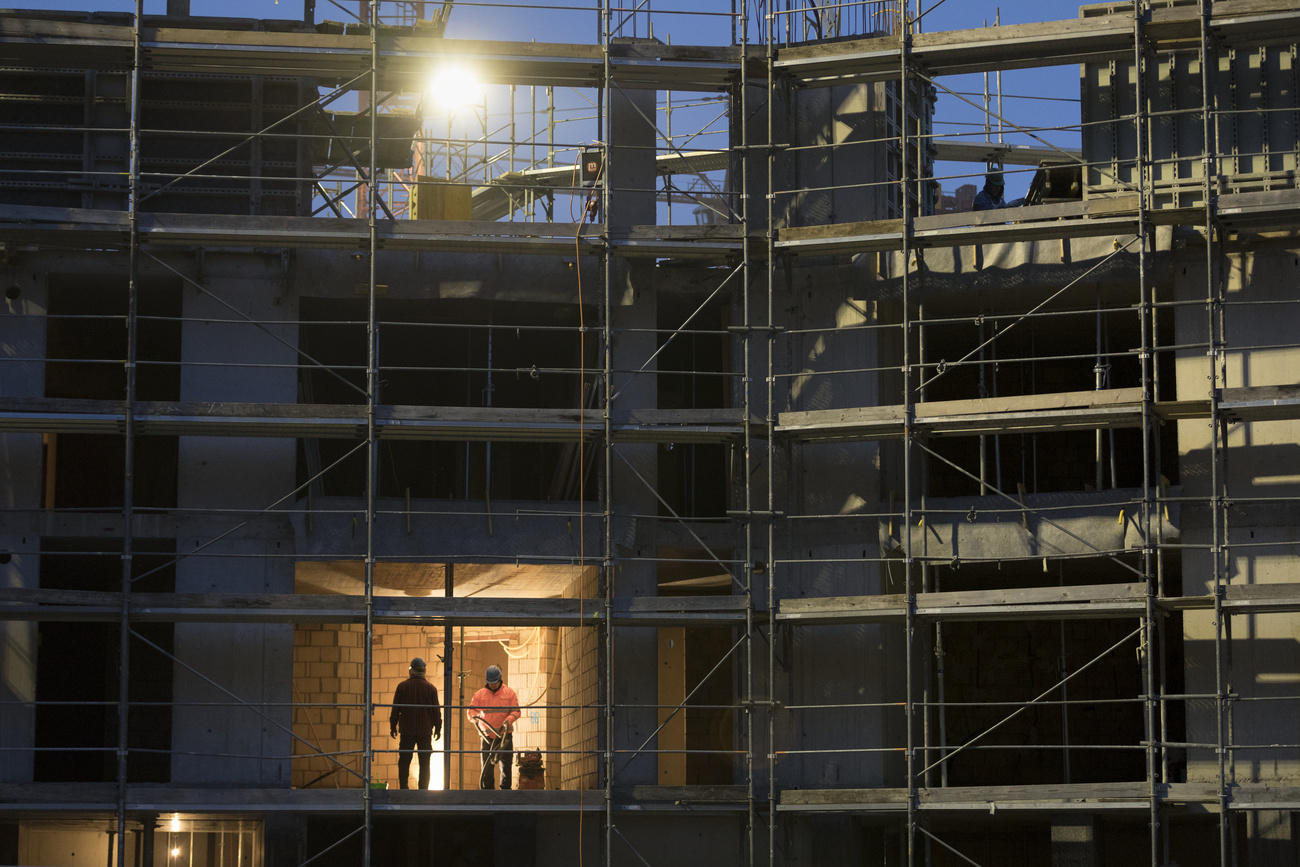
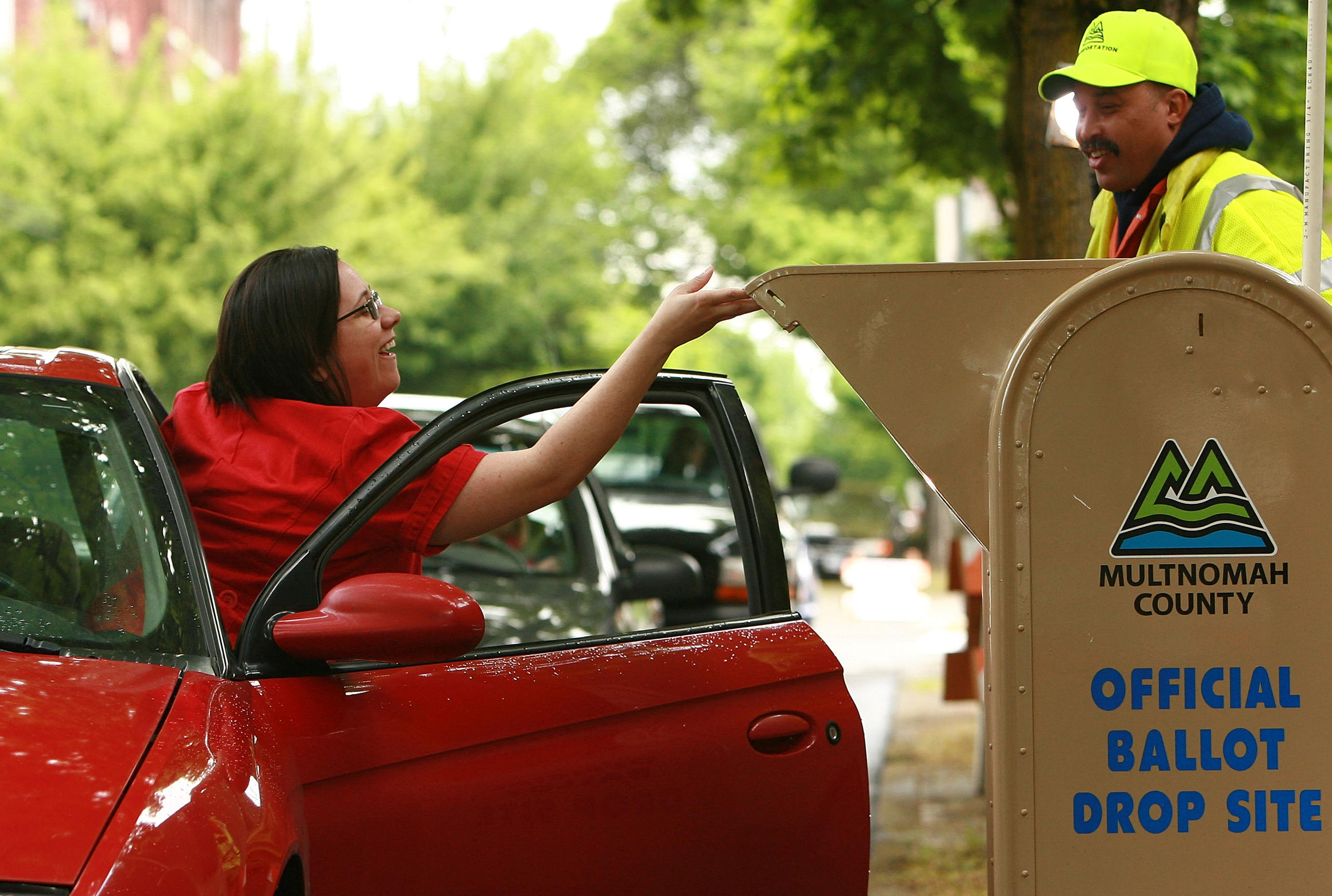
You can find an overview of ongoing debates with our journalists here. Please join us!
If you want to start a conversation about a topic raised in this article or want to report factual errors, email us at english@swissinfo.ch.